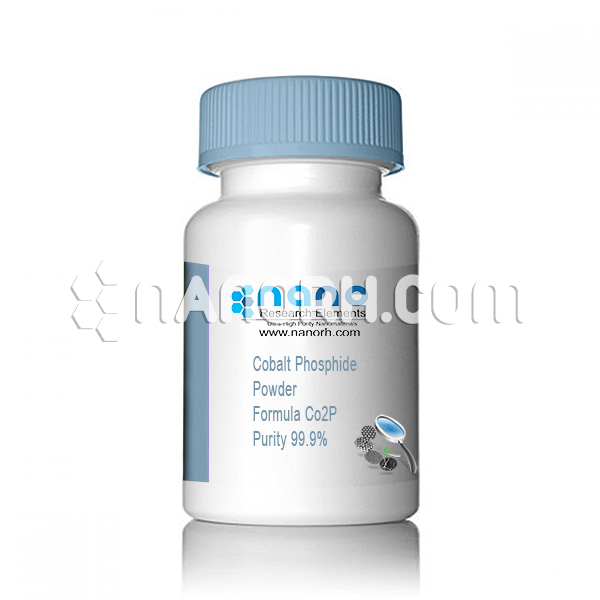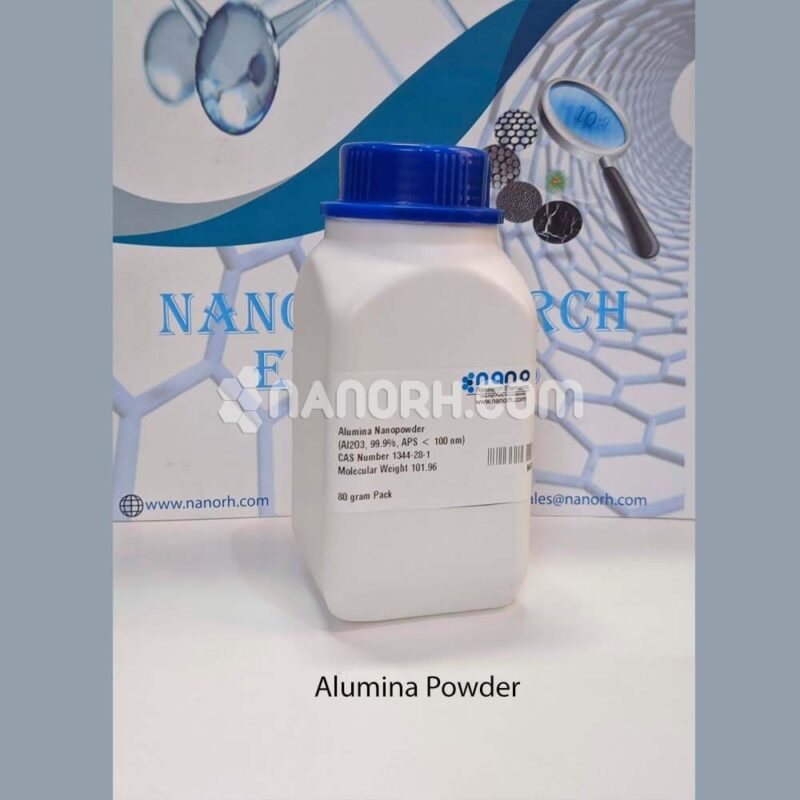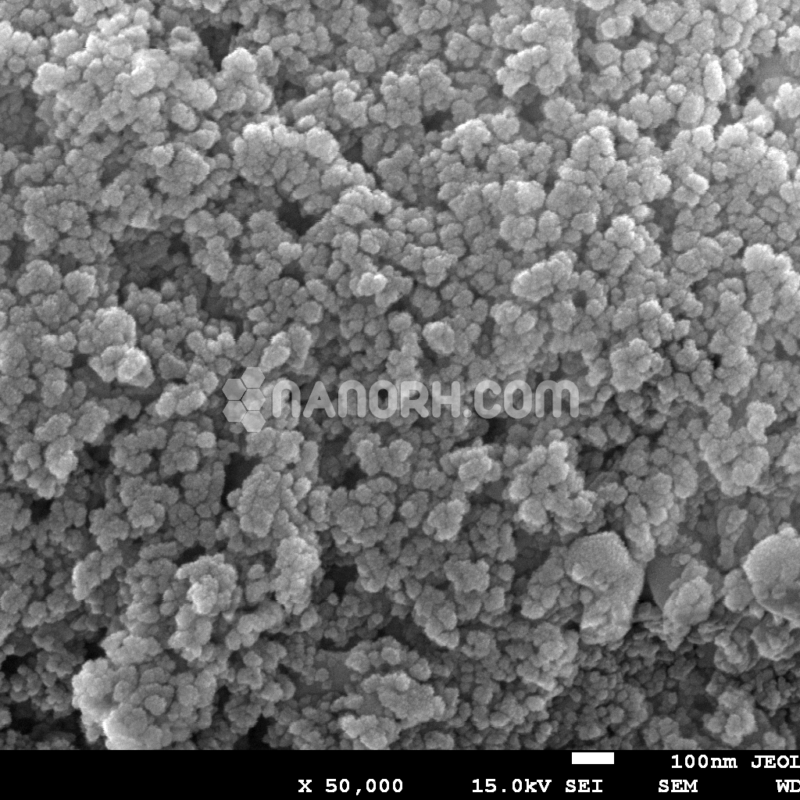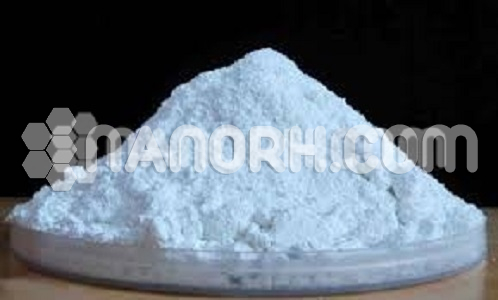| Cobalt Phosphide Powder | |
| Product No | NRE-11072 |
| CAS No. | 12134-02-0 |
| Formula | Co2P |
| APS | <40 µm (Can be Customized) |
| Purity | 99.9% |
| Color | Gray |
| Molecular Weight | 148.84 g/mol |
| Density | 6.4 g/cm3 |
| Melting Point | 1386 °C |
| Boiling Point | NA |
Cobalt Phosphide Powder
Cobalt phosphide (CoP) is a compound of cobalt and phosphorus that has shown potential in various applications due to its unique properties. Some of the applications of cobalt phosphide powder include:
Catalysis: Cobalt phosphide has been investigated as a potential catalyst for various reactions, including hydrogen evolution reactions (HER), oxygen evolution reactions (OER), and electrocatalytic processes. Its high activity and stability make it a promising candidate for use in energy conversion and storage devices.
Energy Storage: Cobalt phosphide has shown promise in the field of energy storage, particularly in the development of lithium-ion batteries and supercapacitors. Its high capacity, good cycling stability, and excellent electrochemical performance make it a potential candidate for the next generation of energy storage devices.
Electronics: Due to its semiconductor properties, cobalt phosphide has potential applications in the electronics industry. It can be used in the fabrication of electronic components, such as transistors and diodes, and in the development of new semiconductor devices.
Magnetic Materials: Cobalt phosphide exhibits magnetic properties, making it suitable for use in the production of magnetic materials. It can be employed in the manufacturing of magnetic recording media, magnetic sensors, and other magnetic devices.
Nanotechnology: Cobalt phosphide nanoparticles have been studied for their unique properties at the nanoscale. They have potential applications in nanotechnology, including in the fields of nanoelectronics, nanomedicine, and nanocatalysis.
Chemical Sensors: Cobalt phosphide has been explored for its potential as a material for chemical sensors. Its sensitivity to certain gases and chemicals makes it useful for detecting specific substances in various applications, such as environmental monitoring and industrial safety.
Photocatalysis: Cobalt phosphide has been studied for its photocatalytic properties, which make it suitable for use in the degradation of organic pollutants in wastewater treatment and in the conversion of solar energy into chemical energy.




